Playin’ One Pair of Hands Elvis Presley’s Legacy of Authenticity
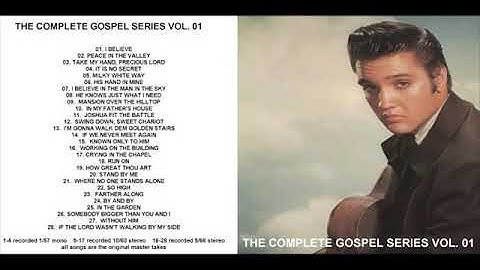
Play one pair of hands by Elvis Presley, the King of Rock and Roll, transcended mere music stardom to become a cultural titan. His influence on music, fashion, and societal norms is undeniable. However, beyond the glitz and glamour, the flamboyant stage persona, and the undeniable charisma, lies a deeper story – one of raw talent, emotional vulnerability, and an unwavering dedication to playing one pair of hands.
This phrase encapsulates the essence of Elvis’s artistry and the heart of his connection with his audience. It represents his ability to bridge the gap between the polished performer and the genuine human being, creating a raw, unfiltered emotional experience that resonated deeply with audiences across generations.

The Early Days: From Gospel to Rock ‘n’ Roll
Humble Beginnings in Tupelo
Elvis Aaron Presley was born in Tupelo, Mississippi, in 1935. His early life was marked by poverty and hardship, experiences that would later inform his music and his connection with audiences. Growing up in a close-knit family, Elvis was exposed to a variety of musical influences, from the gospel songs of his local church to the blues and country music that permeated the South.
The Presley family’s struggles were not uncommon in the Depression-era South, but they played a crucial role in shaping Elvis’s worldview and his approach to music. These early experiences instilled in him a deep empathy for the working class and a genuine understanding of human struggle – elements that would later become hallmarks of his performances.
Elvis Presley’s ‘Amazing Grace’ A Timeless Gospel Classic Reimagined
The Gospel Influence
Elvis’s musical journey began in earnest with gospel music, echoing the soulful traditions of the Pentecostal church. The emotional intensity and rhythmic delivery characteristic of gospel would become foundational elements of his vocal style. It was in these church services that Elvis first experienced the power of music to move and inspire people, a lesson he would carry throughout his career.
- Key gospel influences:
- Southern gospel quartets
- African American spirituals
- Pentecostal praise music
These early gospel experiences taught Elvis the importance of emotional authenticity in performance, a principle that would become central to his idea of playing one pair of hands.
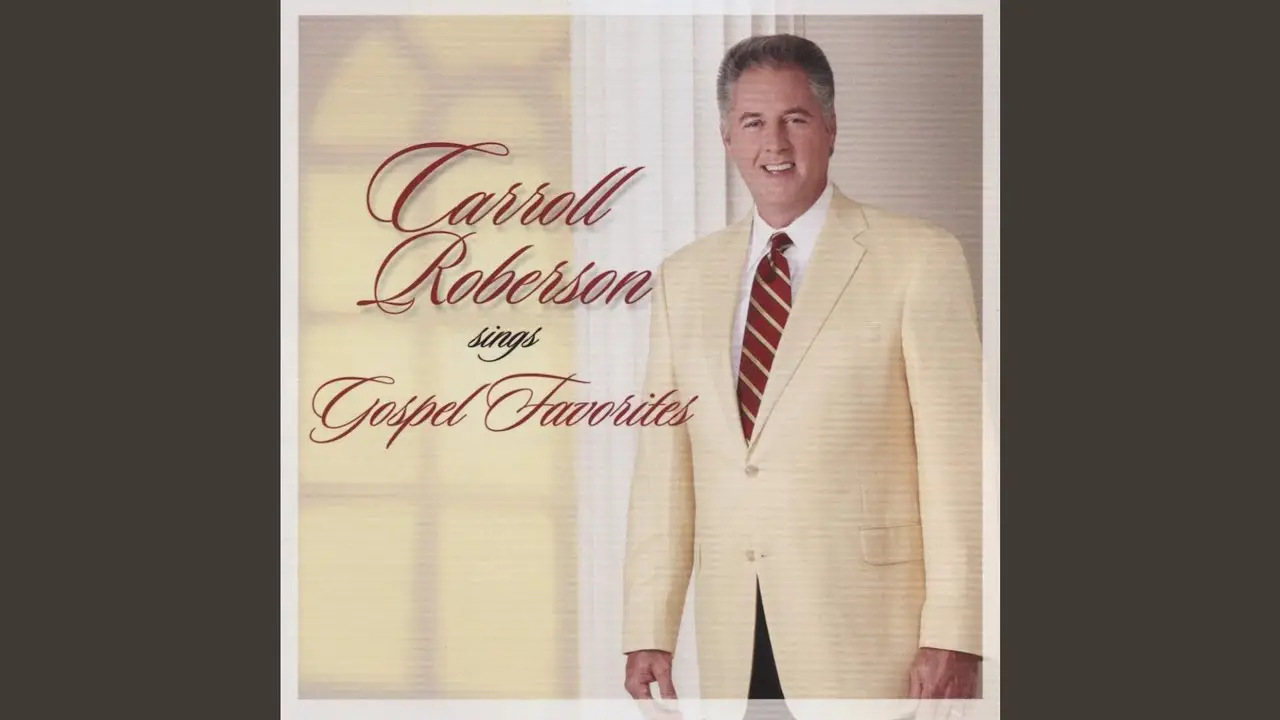
Why Elvis Presley’s Version of ‘I Will Always Love You’ is Timeless
The Move to Memphis
In 1948, the Presley family moved to Memphis, Tennessee, a city that would play a pivotal role in Elvis’s musical development. Memphis was a melting pot of musical styles, where blues, country, and nascent rock ‘n’ roll intersected. It was here that Elvis began to synthesize his various influences into a unique sound.
Elvis’s time in Memphis was marked by:
- Exposure to diverse musical styles
- Development of his guitar skills
- Early public performances
- Discovery by Sun Records
The Sun Records Era
In 1954, Elvis found himself at Sun Records, where owner Sam Phillips recognized his unique blend of musical influences. This period saw Elvis experimenting with different styles, pushing the boundaries of what was considered acceptable in popular music.
| Year | Key Recordings | Significance |
|---|---|---|
| 1954 | \ Right\ recording, blend of country and RB | |
| 1955 | \ Train\ Showcased Elvis’s rhythmic intensity | |
| 1955 | \ Moon of Kentucky\ Demonstrated versatility across genres |
These early recordings at Sun Records marked the beginning of Elvis’s journey to play one pair of hands – to create music that was authentic, emotionally resonant, and uniquely his own.
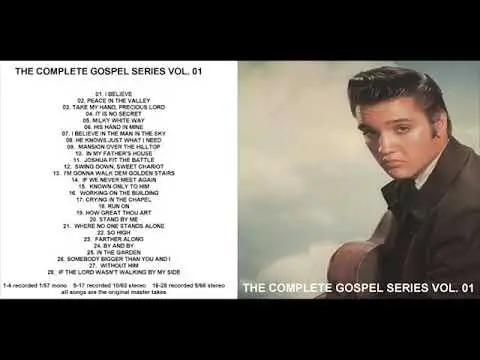
The Birth of a Rock ‘n’ Roll Icon
As Elvis’s popularity grew, so did his confidence as a performer. His early live shows were characterized by an raw energy and uninhibited stage presence that shocked and thrilled audiences in equal measure. It was during this period that Elvis began to develop the iconic moves and vocal stylings that would define rock ‘n’ roll for generations to come.
Elvis’s early performances were marked by:
- Energetic hip movements
- Passionate vocal delivery
- Blending of musical genres
- Charismatic stage presence
These elements combined to create a new form of musical expression that was both intimately personal and universally appealing – the essence of playing one pair of hands.
The Rise of the King: Love Me Tender and Beyond
Breakthrough with RCA Victor
In 1956, Elvis signed with RCA Victor, marking the beginning of his ascent to global stardom. His first single with the label, \Heartbreak Hotel,\ became a massive hit, showcasing Elvis’s ability to convey deep emotion through his music. This period saw Elvis refining his sound and image, but always with a focus on emotional authenticity.
Key releases during this period include:
- \break Hotel\1956)
- \’t Be Cruel)
- \d Dog\956)
- \ Tender\1956)
Each of these songs demonstrated Elvis’s growing mastery of his craft and his commitment to playing one pair of hands – delivering performances that were genuine and emotionally impactful.

The Elvis Presley Phenomenon
As Elvis’s popularity soared, he became more than just a musician – he became a cultural phenomenon. His influence extended beyond music into fashion, film, and social norms. Despite the growing fame, Elvis strived to maintain his authenticity, continuing to play one pair of hands in every aspect of his public life.
| Aspect | Impact |
|---|---|
| Music | Redefined popular music, blending genres |
| Fashion | Iconic looks influenced youth fashion |
| Film | Brought rock ‘n’ roll to the big screen |
| Social | Challenged racial and generational boundaries |
Military Service and Return to Civilian Life
In 1958, at the height of his fame, Elvis was drafted into the U.S. Army. This period of military service represented a significant challenge to his career, but also an opportunity to connect with his audience in a new way. Elvis’s willingness to serve, despite his fame, resonated with the public and added a new dimension to his image.
Elvis’s return to civilian life in 1960 marked a new chapter in his career. He faced the challenge of reestablishing himself in a rapidly changing musical landscape. His response was to double down on his commitment to authenticity, producing some of his most emotionally resonant work.
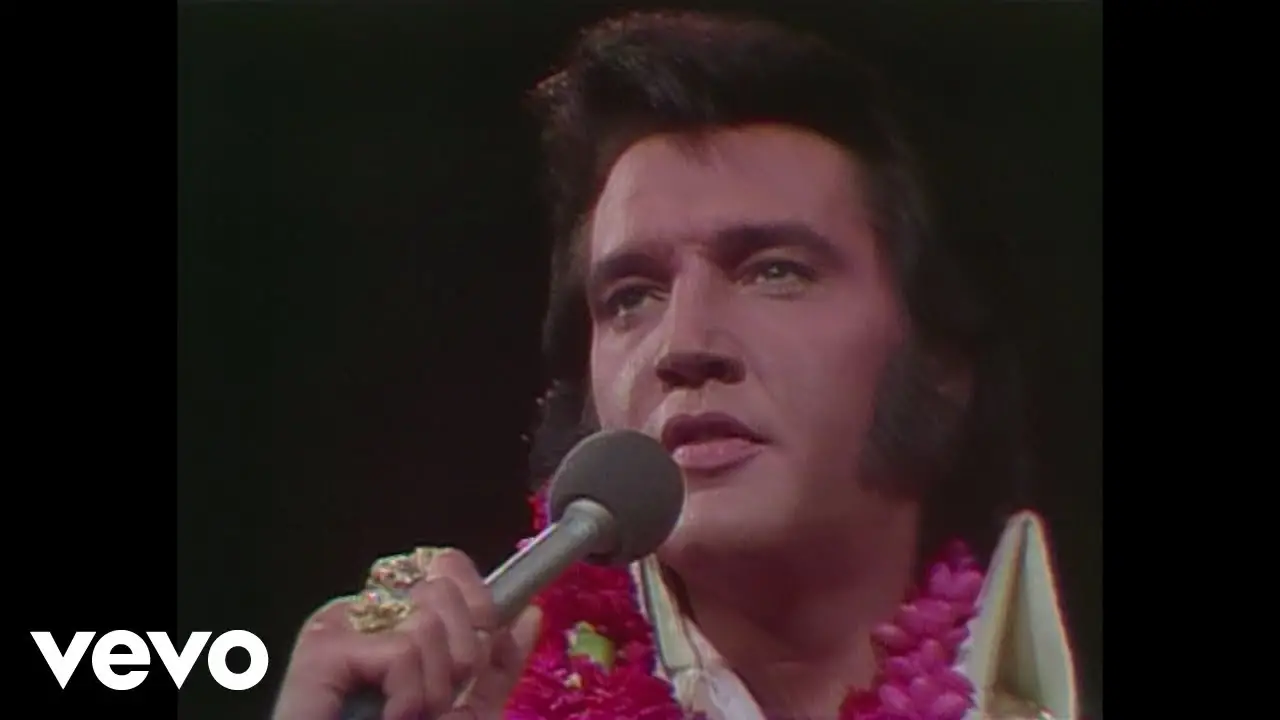
The 1960s: Evolving Sound and Image
Throughout the 1960s, Elvis continued to evolve as an artist, exploring new musical styles while staying true to his core principle of playing one pair of hands. This period saw him experimenting with:
- Ballads and love songs
- Gospel and spiritual music
- Socially conscious material
- Rock and blues-influenced tracks
Despite the changing musical landscape, Elvis maintained his connection with his audience through his emotional honesty and genuine performances.
The Las Vegas Years
In the late 1960s and early 1970s, Elvis began a series of residencies in Las Vegas. These shows represented a new phase in his career, combining the energy of his early performances with the polish and spectacle of Vegas entertainment. Even in this glitzy environment, Elvis continued to play one pair of hands, delivering performances that were both grand in scale and intimate in emotional impact.
The Evolution of Playing One Pair of Hands: Beyond the Stage

Defining \Playing One Pair of Hands\
The concept of \ pair of hands\ goes beyond literal musical performance. For Elvis, it represented a commitment to authenticity, emotional honesty, and genuine connection with his audience. This philosophy informed every aspect of his artistry, from his song choices to his stage presence.
Key aspects of playing one pair of hands:
- Emotional vulnerability in performance
- Genuine connection with the audience
- Consistency between public and private personas
- Honesty in artistic expression
Emotional Resonance in Elvis’s Music
Elvis’s ability to convey deep emotion through his music was a key component of his enduring appeal. Whether performing a heart-wrenching ballad or an energetic rock number, Elvis imbued his songs with genuine feeling, creating a powerful connection with his listeners.
Examples of emotionally resonant performances:
- \ the Ghetto\ Social commentary with emotional depth
- \Suspicious Minds\ Raw expression of relationship struggles
- \If I Can Dream\ Hopeful anthem with passionate delivery
Authenticity in Public Persona
Despite the trappings of fame, Elvis strived to maintain an authentic public persona. He remained connected to his roots, often speaking about his humble beginnings and the values instilled in him by his family. This authenticity resonated with fans, who saw in Elvis not just a star, but a relatable figure who understood their own struggles and aspirations.

Breaking Barriers Through Music
Elvis’s commitment to playing one pair of hands extended to his willingness to challenge social norms through his music. By blending musical styles and performing songs traditionally associated with different racial or cultural groups, Elvis helped break down barriers and promote cultural understanding.
Table: Elvis’s Cross-Cultural Impact
| Musical Style | Elvis’s Contribution | Cultural Impact |
|---|---|---|
| Blues | Brought blues-influenced music to mainstream audiences | Increased appreciation for African American musical traditions |
| Country | Blended country with rock and pop | Broadened appeal of country music |
| Gospel | Performed and recorded gospel music throughout his career | Brought spiritual music to secular audiences |
Connecting with Fans Beyond the Music
Elvis’s dedication to playing one pair of hands extended beyond his musical performances. He was known for his generosity and genuine interactions with fans, often going out of his way to connect with them on a personal level.
Ways Elvis connected with fans:
- Impromptu meetings with fans outside his home
- Generous gifts to fans and charitable donations
- Personal responses to fan mail
- Engaging with audience members during performances
These genuine interactions reinforced Elvis’s image as an authentic, down-to-earth figure despite his immense fame.
Beyond Music: Elvis Presley’s Cultural Legacy
Fashion Icon and Trendsetter
Elvis’s influence extended far beyond music into the realm of fashion and style. His iconic looks helped define the visual language of rock ‘n’ roll and continue to inspire fashion trends today.
Key elements of Elvis’s style:
- The pompadour hairstyle
- Leather jackets and rebellious youth fashion
- Flashy jumpsuits of the Las Vegas era
- Glamorous accessories like sunglasses and jewelry
Elvis’s fashion choices were more than just costumes; they were an extension of his artistic expression and his commitment to playing one pair of hands. Each look was carefully crafted to complement his music and stage presence, creating a total package that captivated audiences.
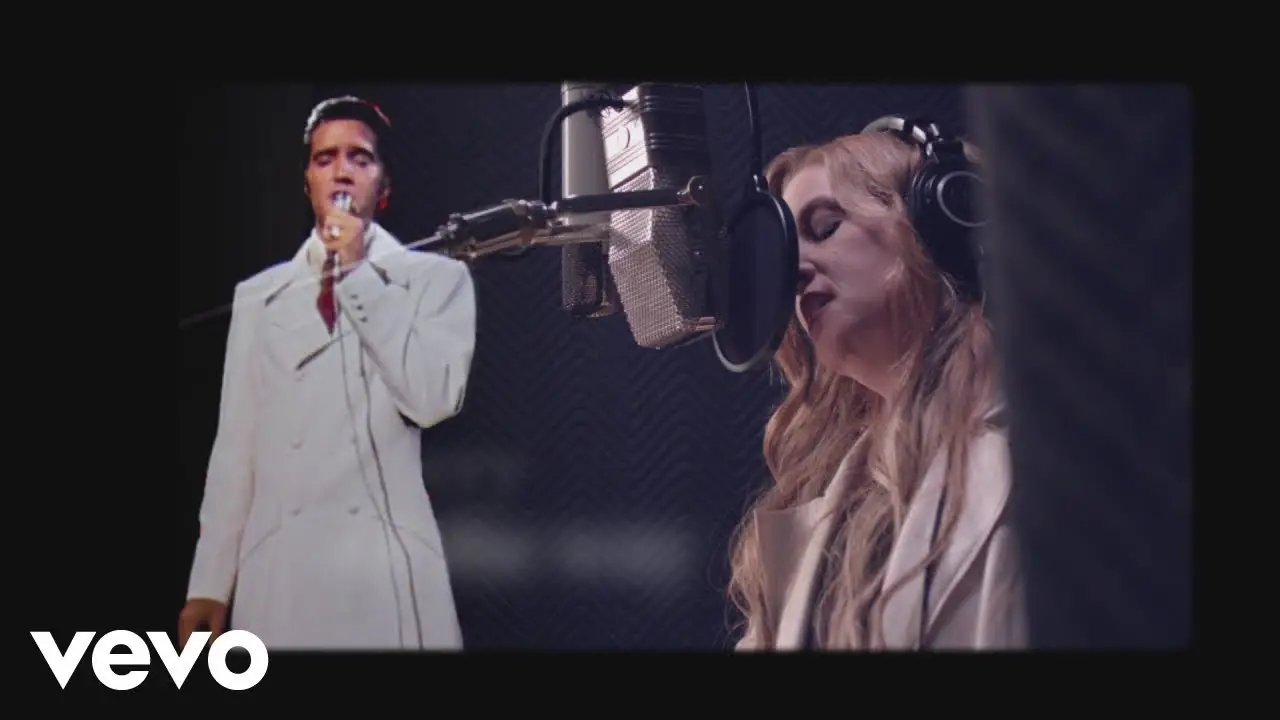
Influence on Film and Popular Culture
Elvis’s impact on popular culture extended to the world of film. His movies, while often criticized for their formulaic plots, showcased his charisma and brought his music to new audiences.
Notable Elvis films:
- \Love Me Tender\ (1956)
- \Jailhouse Rock\ (1957)
- \Blue Hawaii\961)
- \iva Las Vegas\ (1964)
These films, along with Elvis’s television appearances, helped solidify his status as a multi-faceted entertainer and cultural icon. Even in his film roles, Elvis strived to bring authenticity and emotional depth, staying true to his principle of playing one pair of hands.
Breaking Racial Barriers
One of the most significant aspects of Elvis’s legacy was his role in breaking down racial barriers in popular music. By popularizing musical styles rooted in African American traditions, Elvis helped bridge cultural divides and pave the way for greater integration in the music industry.
Table: Elvis’s Impact on Racial Integration in Music
| Aspect | Elvis’s Contribution | Long-term Impact |
|---|---|---|
| Musical Style | Blended \black\ and \ musical traditions | Helped desegregate popular music |
| Acknowledgment of Influences | Openly credited African American artists as inspirations | Increased recognition for black musicians |
| Audience Integration | Attracted diverse audiences to his performances | Promoted racial mixing at concerts and events |
Cultural Ambassador
Elvis’s global popularity made him an unofficial cultural ambassador for the United States. His music and image helped shape perceptions of American culture around the world, for better or worse.
Elements of Elvis’s cultural impact:
- Spread of rock ‘n’ roll globally
- Promotion of American fashion and style internationally
- Influence on global youth culture
- Representation of American values and ideals
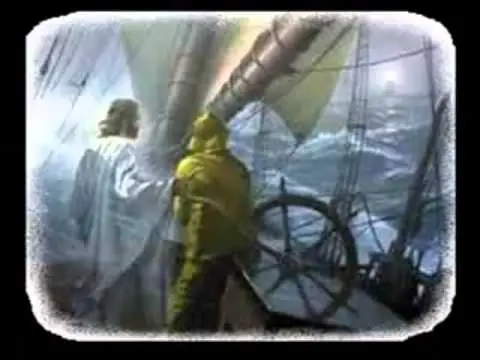
Lasting Influence on Music and Performance
Elvis’s approach to music and performance continues to influence artists across genres. His commitment to emotional authenticity and his dynamic stage presence set a standard that many performers still aspire to today.
Artists influenced by Elvis:
- Bruce Springsteen
- Michael Jackson
- Freddie Mercury
- Bruno Mars
These artists and many others have cited Elvis as a major influence, particularly in terms of stage presence and the ability to connect emotionally with an audience.
The Man Behind the Legend: Personal Struggles and Triumphs
Early Family Life and Influences
Elvis’s early family life played a crucial role in shaping his character and his approach to music. Growing up in poverty in Tupelo, Mississippi, Elvis experienced firsthand the struggles of working-class America. This background would inform his music and his connection with fans throughout his career.
Key family influences:
- Close relationship with his mother, Gladys
- Support and encouragement from his father, Vernon
- Twin brother, Jesse Garon, who died at birth
- Extended family and community in Tupelo
These early experiences instilled in Elvis a deep sense of empathy and a desire to connect with others through his music – key components of his commitment to playing one pair of hands.
The Pressures of Fame
As Elvis’s fame grew, so did the pressures and challenges he faced. Balancing his public persona with his private life became increasingly difficult, testing his ability to maintain authenticity in the face of overwhelming stardom.

Challenges Elvis faced:
- Intense public scrutiny
- Demanding tour schedules
- Expectations from record labels and management
- Personal relationships strained by fame
Despite these pressures, Elvis strived to remain true to himself and his artistic vision, continuing to play one pair of hands even as the world around him became more complex.
Personal Relationships and Love Life
Elvis’s romantic relationships were a source of both joy and struggle throughout his life. His marriage to Priscilla Presley and the birth of his daughter, Lisa Marie, were significant events that influenced his music and his public image.
Table: Significant Relationships in Elvis’s Life
| Relationship | Years | Impact on Elvis |
|---|---|---|
| Priscilla Presley | 1967-1973 (marriage) | Stability during peak of fame, inspiration for love songs |
| Lisa Marie Presley | Born 1968 | Fatherhood brought new perspective and emotional depth |
| Ann-Margret | 1964 (co-star and romantic interest) | Artistic collaboration and personal connection |
| Linda Thompson | 1972-1976 | Support during later years of career |
These relationships, particularly his marriage to Priscilla and his role as a father, added new dimensions to Elvis’s emotional landscape, influencing his music and his approach to playing one pair of hands.
Health Struggles and Later Career
In the later years of his career, Elvis faced significant health challenges that impacted his ability to perform and connect with his audience. Despite these struggles, he continued to strive for authenticity in his performances, demonstrating a commitment to playing one pair of hands even in difficult circumstances.
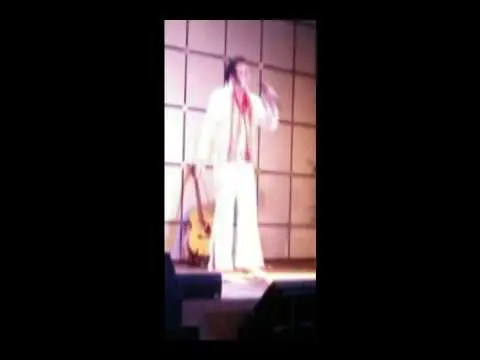
Health issues Elvis faced:
- Prescription drug dependency
- Weight fluctuations
- Exhaustion from grueling performance schedules
- Declining physical health in his final years
Even as these challenges mounted, Elvis’s dedication to his craft and his fans remained evident in his performances, which continued to be marked by emotional intensity and a genuine connection with the audience.
The Enduring Legacy: Elvis in the 21st Century
Cultural Icon Status
Decades after his death, Elvis Presley remains a powerful cultural icon. His image, music, and ethos continue to resonate with new generations of fans and artists.
Aspects of Elvis’s enduring iconic status:
- Continued popularity of his music
- Influence on contemporary fashion and style
- Presence in popular culture (films, TV shows, etc.)
- Graceland as a major tourist attraction
This ongoing relevance speaks to the timeless nature of Elvis’s approach to music and performance – the power of playing one pair of hands continues to captivate audiences today.

Musical Legacy and Influence
Elvis’s musical legacy extends far beyond his own recordings. His innovative blending of genres and his emotional performance style have influenced countless artists across multiple generations.
Table: Elvis’s Influence on Music Genres
| Genre | Elvis’s Contribution | Examples of Influenced Artists |
|---|---|---|
| Rock | Pioneered rock ‘n’ roll style | The Beatles, Rolling Stones |
| Country | Brought country music to mainstream | Johnny Cash, Garth Brooks |
| Pop | Set standard for pop stardom | Michael Jackson, Justin Timberlake |
| RB | Popularized RB-influenced rock | Beyoncé, Bruno Mars |
Elvis in the Digital Age
The digital revolution has brought Elvis’s music and legacy to new audiences in ways that were unimaginable during his lifetime. From streaming platforms to social media, Elvis’s presence in the digital realm ensures that his commitment to playing one pair of hands continues to resonate with modern listeners.
Digital-age manifestations of Elvis’s legacy:
- Remastered and re-released recordings
- Virtual concerts and hologram performances
- Elvis-themed video games and apps
- Active social media presence managed by his estate
Graceland and Elvis Tourism
Graceland, Elvis’s former home in Memphis, has become a major tourist attraction and a shrineto his legacy. Each year, thousands of fans from around the world make the pilgrimage to Graceland to pay homage to the King of Rock ‘n’ Roll.
Key attractions at Graceland:
- Elvis’s mansion tours
- Elvis Presley’s Memphis entertainment complex
- Elvis-themed restaurants and shops
- Annual Elvis Week celebrations
The enduring popularity of Graceland underscores the lasting impact of Elvis’s music and persona on popular culture, ensuring that his legacy will continue to thrive for years to come.
Conclusion
Elvis Presley’s legacy as a musician, performer, and cultural icon is undeniable. From his humble beginnings in Tupelo, Mississippi, to his meteoric rise to fame and enduring influence in the 21st century, Elvis’s impact on music and popular culture is immeasurable.
Throughout his career, Elvis embodied the ethos of playing one pair of hands – a commitment to authenticity, emotional connection, and artistic integrity that set him apart as a performer. His ability to transcend genres and connect with audiences on a deeply emotional level has inspired countless artists across generations, from Bruce Springsteen to Bruno Mars.

Despite the pressures of fame, personal struggles, and health challenges, Elvis remained dedicated to his craft and his fans, continuing to deliver electrifying performances marked by raw emotion and genuine connection. His influence on music genres such as rock, country, pop, and RB is still felt today, with artists citing him as a major inspiration for their own work.
In the digital age, Elvis’s legacy lives on through remastered recordings, virtual concerts, and a strong social media presence managed by his estate. Graceland, his former home turned museum, remains a mecca for fans seeking to immerse themselves in the world of the King.
As we reflect on Elvis’s life and career, it is clear that his impact goes far beyond his music. He was a cultural trailblazer, a symbol of rebellion and individuality, and a true pioneer in the world of entertainment. Elvis Presley will forever be remembered as the King of Rock ‘n’ Roll, a title that reflects not only his musical prowess but also his enduring influence on generations of artists and fans alike.
In a world that is constantly evolving, Elvis’s legacy serves as a reminder of the power of authenticity, passion, and connection in the world of music and beyond. As we continue to celebrate his life and work, may we all be inspired to play our own pair of hands with the same dedication and spirit that Elvis brought to every performance.
